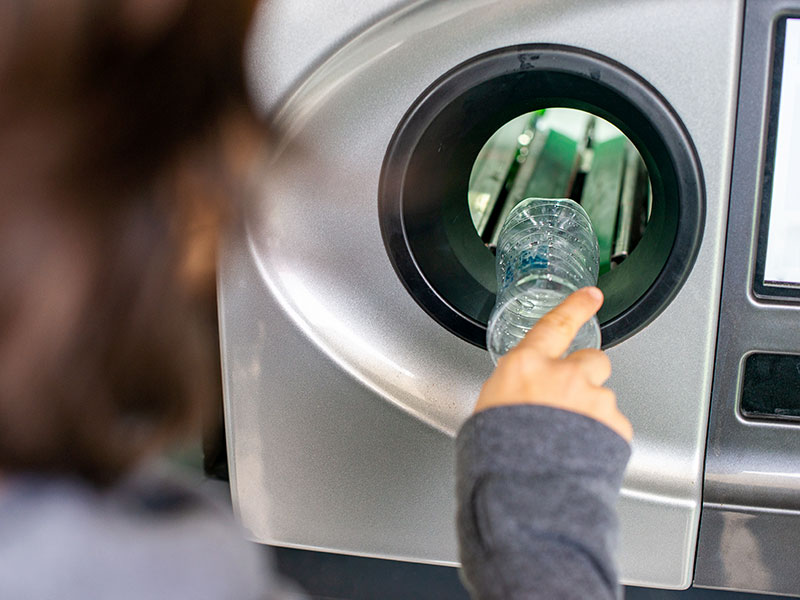Deposit Return Scheme

What is the Deposit Return Scheme (DRS)?

Am I impacted?
When is it taking place?

How much will the DRS cost?
What do I need to do now?
Registration
If you are an obligated producer placing drinks containers on the market in the Republic of Ireland, you should register now. Visit re-turn.ie now to find out how.
Registration details for England, Scotland, Wales and NI are yet to be confirmed.
Product categorisation and tracing
In-scope containers will likely have to be earmarked for the deposit mechanism, for instance via their SKU codes and labelling requirements. Once these have been confirmed packaging lines will need to be modified to comply
Logistics
If you have a retail (supermarket or convenience store) site that sells in-scope material, you will likely have to host consumer take-back. This may involve installing a reverse vending machine or having a back of store area to keep empty containers.
The Deposit Management Organisations will be responsible for managing financial flows, including producer fees, logistics, and potentially infrastructural activities such as maintaining reverse vending machines.

We are here to support you
Future services and support
We are developing further services to support our members with the future requirements of the DRS and are working with government and industry to seek further clarification on the mechanics and requirements of the system. We will continue to offer guidance as legislation is updated and we will let our members know what further support we will provide in the future.
Find out more about packaging EPR
You may also be interested in...

Q2 2024 recycling data shows strong performance in H1
By Sam Marshall 24 Jul 2024
Record-breaking volume of aluminium recycled in 2023
By Louise Shellard 21 May 2024
Government publish updates to ‘Simpler Recycling’ scheme
By Louisa Goodfellow 09 May 2024
